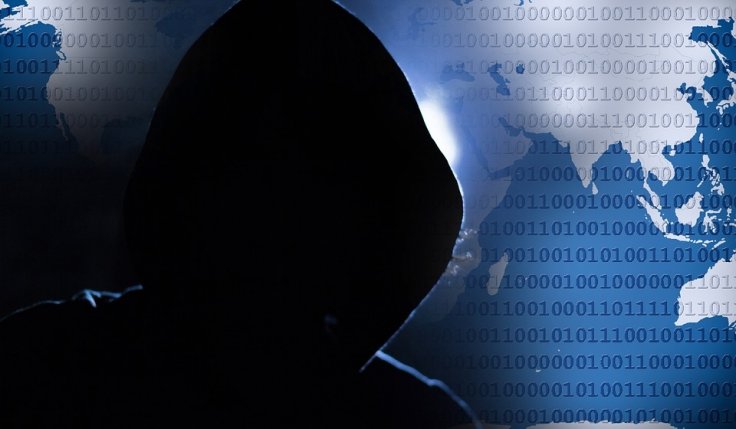Russia could launch a new malware attack against the West as experts have warned that Moscow could release "COVID for computers" to attack phones and laptops through porn sites.
The malware, which experts claim Russia has been working on over the last two decades, could have the potential to infect millions of UK devices. Russia's spy agencies the FSB and GRU are poised to unleash a wave of cyberattacks, according to Daily Star.

FSB Found Weaknesses in Britain's Cyberspaces
Russia has developed a method that can disable laptops and personal mobiles in the UK. FSB and military agents have worked for more than two decades to figure out the weaknesses in Britain's cyberspaces, according to a former spy.
"One-click on an enticing video is enough to introduce malware into your computer or mobile. The advice for safe cybersex is the same as for real sex - use protection," the spy told the Sunday Mirror.
Big Companies At Risk Of Cyberattacks
Following the news, users are being urged to update their security software to defend against any attacks.
Britain's big companies and critical infrastructures are at major risk of such malware attacks but these big companies now have placed enough safety measures to face state-sponsored cyber aggressors.
Last year, 777 cyber security breaches were recorded by the National Cyber Security Centre. Threats originated from Moscow, Beijing North Korea and Iran.
Nearly four in ten UK businesses were targeted by foreign hackers last year. Large businesses have resources and are capable to protect themselves but in the lack of ample resources, small firms could face major harm due to such malware attacks.
Experts have advised people to put all sensitive information in a laptop that is not linked to the internet as it leaves no option for hackers to target the system.
People are also being advised to use another system for their regular work. Russia has already done something similar on a larger scale, as its internet network can be disconnected from the rest of the world if needed. They tested it in January in readiness for cyber war, according to The Mirror.
Read more









